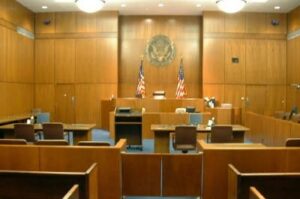 Harris v. Veigelahn
Harris v. Veigelahn
Harris v. Veigelahn is another bankruptcy decision made by the United States Supreme Court this year. The case is about a Debtor who converted their case to Chapter 7 from Chapter 13. The main issue in this case is whether the Chapter 13 Trustee is required to return undistributed funds collected from Debtor’s wages to the Debtor if the Debtor converts the Chapter 13 case to Chapter 7.
In the case Harris case, the Debtor was in the midst of a Chapter 13 case. The Debtor filed the Chapter 13 case in attempt to save a home. However, the Debtor could not keep up with the mortgage payments and decided to convert the case to a Chapter 7. During the course of the Chapter 13, the Debtor made Chapter 13 plan payments using employment wages. At that time the debtor converted the case, the Chapter 13 trustee still had $5000.00 that was not yet distributed to the creditors.
Question and Answer for Converted Chapter 13 Bankruptcy Cases
The question is whether the Chapter 13 trustee needed to return these funds. The Supreme Court said that the Trustee must return it. The Court concluded that the Chapter 13 bargain ended when the case was converted. Due to this, the Chapter 13 trustee’s obligations also end at the time of conversion. Essentially, the Court held that the Debtor gets to keep their undistributed wages.